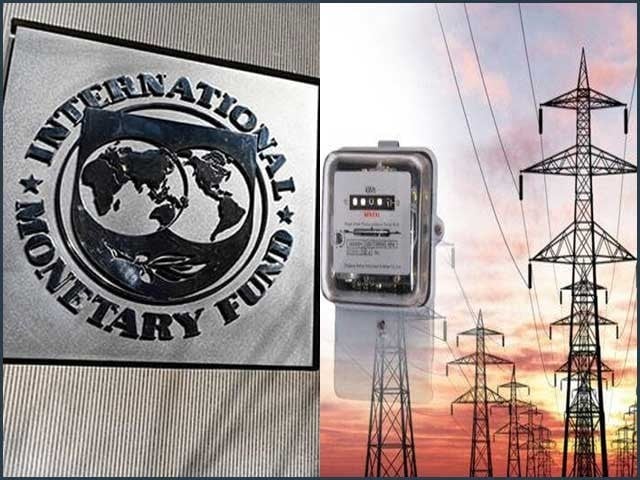ISLAMABAD – The federal government developed a plan to reduce electricity prices by Rs 6 per unit and shared it with the International Monetary Fund (IMF), the latest reports said on Monday
However, the IMF did not yet approve the plan and instead requested further details.
According to the plan, the federal and provincial governments would arrange funding amounting to Rs 2,800 billion.
Out of this, the federal government would cover Rs1,400 billion through cuts in the Public Sector Development Program, elimination of subsidies in certain budgeted sectors, commercial loans, and diverting dividends from state-owned enterprises. The remaining Rs1,400 billion, as per the media reports, would be partially covered by the four provincial governments by deducting from their share of the National Finance Commission (NFC) award.
The media reports said that however, the Khyber Pakhtunkhwa (KP) government outright refused to contribute its share from the NFC, and the other provinces have also not yet provided a response.
The Ministry of Finance is also reluctant to take ownership of this plan; however, the Prime Minister’s Office is making strenuous efforts to make the plan successful.
The media reports said that under this plan, PKR 2,800 billion would be used to shut down inefficient power plants, and either terminate or renegotiate agreements with Independent Power Producers (IPPs).
The federal government is currently in talks with stakeholders on this matter.
The sources said that the provinces are hesitant to contribute to this plan because, firstly, except for KP, all other provincial budgets are already out of control, and secondly, the entire benefit of this plan would go to the central government of Pakistan Muslim League -Nawaz (PML-N).
The media reports said that the Ministry of Energy stated that discussions with the KP government on this issue had so far remained inconclusive.
According to the media reports, KP’s Finance Advisor Muzammil Aslam said that his province is already producing electricity at the cheapest rate of PKR 6 to 7 per unit and, in return, buying electricity for its residential and industrial consumers at rates as high as PKR 70 per unit.
He added that the KP government became so disillusioned with the federal government that it is considering setting up its own power projects, laying its own transmission lines, and establishing its own regulatory authority to provide cheaper electricity to its people.
The electricity prices in Pakistan became unbearable for the consumers, who are paying as much as PKR 76 per unit.
The federal government temporarily provided up to 51% relief to consumers using up to 200 units, but they would also have to pay the full amount by October.
The average end-consumer electricity price in Pakistan is currently PKR 44 per unit, which the government aims to reduce to PKR 38 per unit.
The consumers using between 301 and 700 units are paying PKR 58 per unit after various taxes are included.










